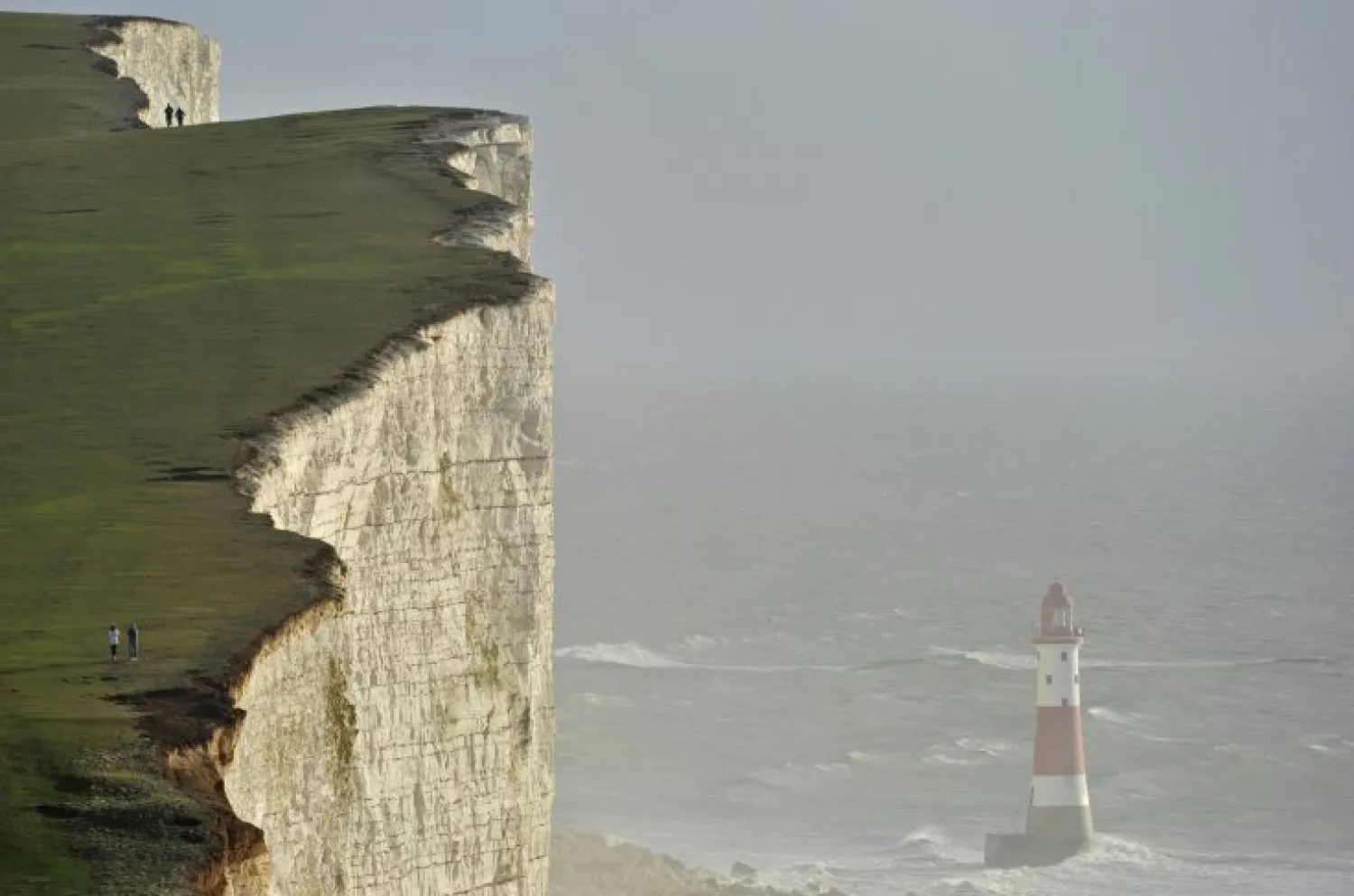Police issued a warning after chemical “haze” left up to 150 people on Britain’s south coast suffering irritation to their eyes and throats.
Sussex police urged people to keep doors and windows shut in the affected area, between the resort town of Eastbourne and Birling Gap, a few miles along the coast.
Police also warned over the weekend people to stay away from the beaches.
According to Sky News, up to 50 people initially reported irritation to their eyes and throats near Eastbourne, on Sunday.
Sussex Police said: “This seems to have been caused by an unknown haze coming in from the sea, but the source has not yet been established,”
Long queues built up at Eastbourne District General Hospital well into the evening, with approximately 150 people being treated. A source added that, however, the effects were mostly minor and it was not necessary to admit anyone for further treatment.
A woman told Sky News: “The haze is pretty bad, it's coming in. Eyes are streaming, I'm at home now with my family, we're all sitting here and the tears keep running, stinging eyes, sore throats.”
Emergency services cleared the area and told people living along the Eastbourne coast to avoid beaches and shut their windows and doors.









